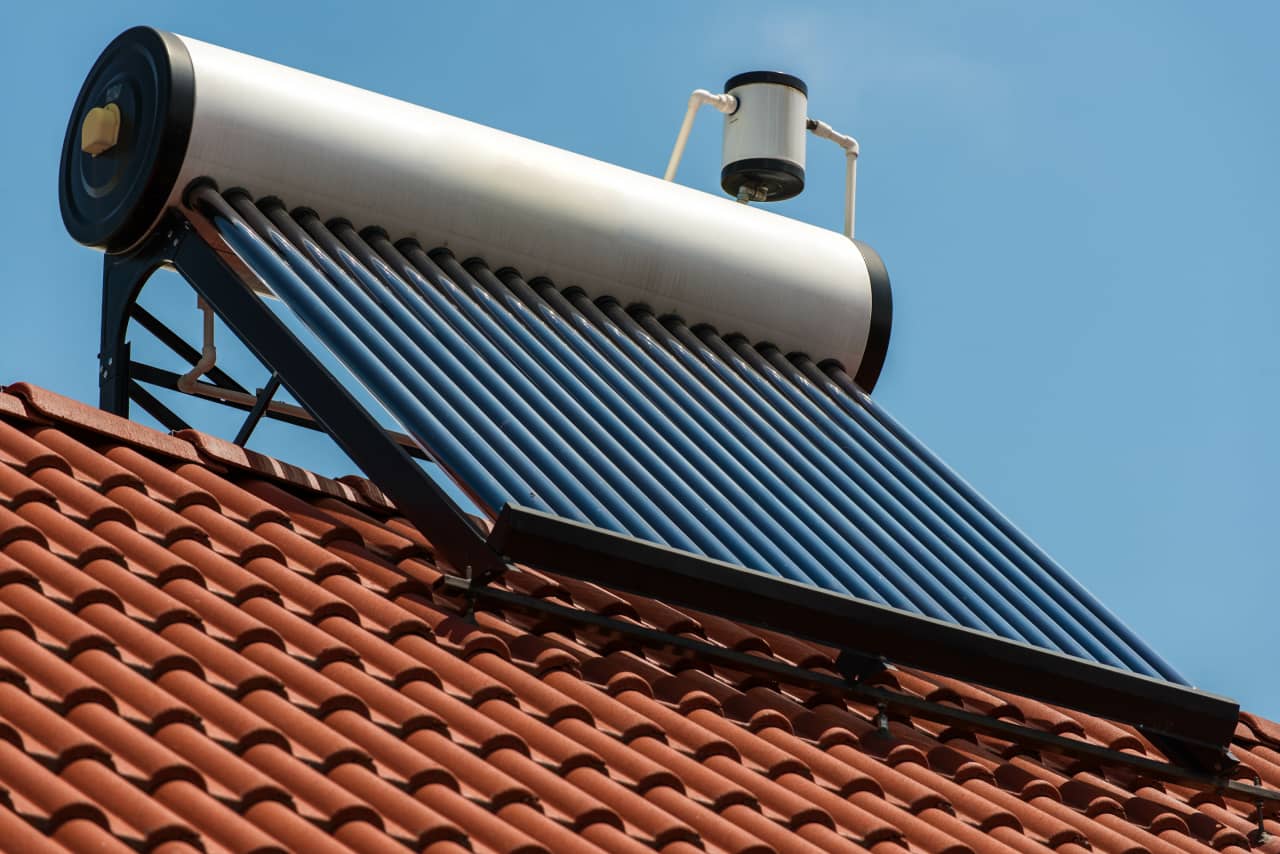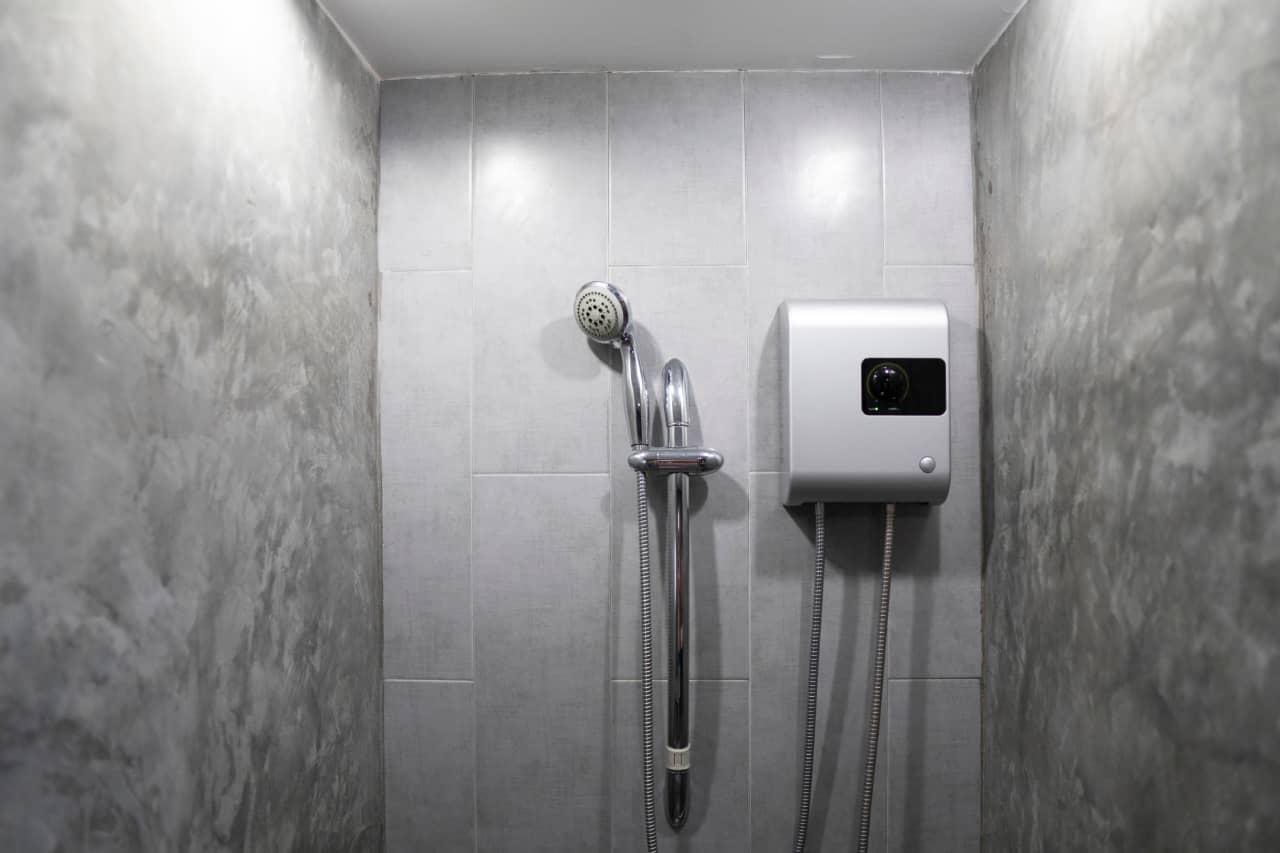Among the highest energy-consuming tasks in a typical household are heating and cooling, which account for 40%, and water heating, which takes about 21% of your energy. Of course, it’s difficult to do away with this aspect of your life, especially if you live in an extreme environment.
However, buying energy-efficient machines and devices can reduce the consumption rate by a significant margin. This decision becomes even more important when you have many people in your household.
But efficiency isn’t the only thing to focus on, especially with the high number of options in the current market. In this article, you’ll learn some of the main factors to consider when choosing a hot water machine that will give you value for your money.
1. Storage Or Continuous Flow
One thing you’ll need to consider you’d want for your home is the type of water system. You can choose between continuous or instant and storage hot water systems. Both of them can supply hot water for your needs, but they do it in different ways.
The first one accomplishes the goal by heating water instantly as it flows to the tap or shower. As for the other option, water is supplied to a tank, heated, and stored while hot. The heating system in this can either be electric, solar, or gas, but the latter is the most popular choice.
As such, many people usually compare gas storage hot water systems vs instantaneous before making their purchase. Be sure to do the same while keeping in mind your preference and the supply of water in your area.
2. Available Space
Another important factor to considered is the available space for installation. Storage hot water system requires enough space for the tank and other necessary plumbing work. As such, your home – either inside or outside – should be able to host this item without causing any congestion.
Continuous hot water system, on the other hand, doesn’t require a tank since the water is instantly heated as it flows. Therefore, this could work best for you if your home doesn’t have enough space for the installation of a storage tank.
It’s worth noting that there are tank water heaters ideal for small space. But then again, this will depend on the water consumption in your home. Consider the number of people in household, in bathrooms that require the supply, and in kitchen too.
3. The Source Of Energy

There is a hot water system for every source of energy. The market has a variety of options for those who use gas, solar, or electricity. So, as you start your shopping adventure, make sure you know which choice best fits your current home.
Electricity is the used in most household across the globe, which is why electric hot shower systems are very popular. However, some countries like Australia are starting to phase out these heaters and encouraging the consumers to opt for alternative systems. Natural gas and solar power are cleaner (in environmental sense) and cheaper, so you’d better choose them over electric water heaters.
4. The Total Costs
Here comes a factor that many people remember last, but it should be among the main considerations. The cost in this case refers to how affordable the system is in the market, its installation expenses, and the operational and maintenance costs.
While making your assessment, you should start by the systems’ price tags. How much are they sold by your preferred dealer or their respective manufacturers. The prices will most vary with size and model of the heater. It’s an obvious tip, but knowing how much you’ll beforehand save you a lot of unnecessary financial stress.
Apart from being expensive, larger water heaters will also demand more in terms of installation cost. So, you need to revisit your budget and see if it can handle both the purchase and installation. But the project doesn’t end there, though, because you’ll still need to buy a few components for the mounting process and maybe repair that particular area after installation.
Once you have your calculations until that stage, the second phase is to assess long-term costs. For the heater to work, you’ll need constant supply of energy, especially for instant systems. Every model has different consumption rates, and it’s recommended that you choose those with a high energy star rating. When this value is high, it indicates that the hot water system has high-efficiency rate when it comes to saving energy. And purchasing this hot water system is one of the best ways of saving electricity at home.
Estimate Your Water Consumption Rate
While the market has a variety of options for every consumer, it can be difficult to decide on a hot water system when you don’t know your water consumption rate. Of course, every household is unique in some ways, but there are many similarities when it comes to water usage.
Nonetheless, it’s imperative that you monitor your home’s consumption rates. You can do this easily by looking at the monthly bills and then calculating the size of the tank and expected energy consumption using those values.
To get you started with the calculations, here are rough estimates you can use if you’re planning to purchase a water storage tank. Note that these values are based on a typical household of four people.
- In the case of a solar hot water system, you’ll need two solar panels and a tank capacity of about 300L-360L
- For a gas system, buy a storage tank of about 135L-170L capacity
- For an electric system, a 125-160L tank is ideal
Conclusion
In as much as it consumes a lot of energy, a hot water system is still one of the most important features in any home. Choosing the best system for your household, however, can be hectic. There are many things you’ll need to consider and understand before purchasing your water heater system.
First, decide whether a traditional storage system or instant heater is ideal for your household. The available space in and around your home will also help you in this decision-making process because it determines whether you can install a tank safely. You should also keep in mind the source of energy and the total costs expected before, during, and after installation.













